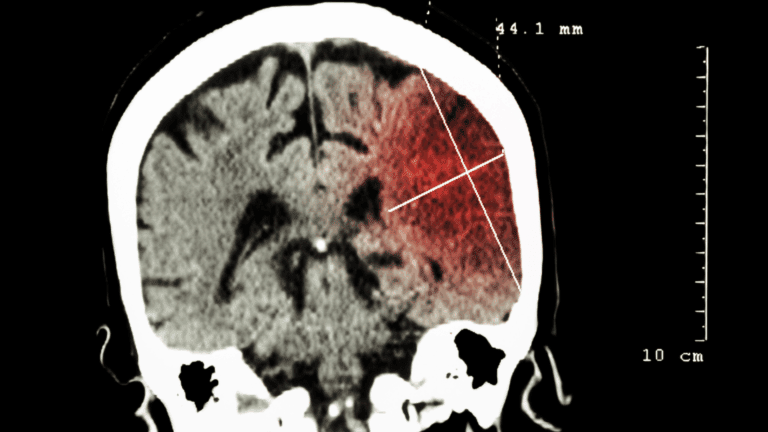
Salim Yusuf
Polypills, aka fixed dose combination (FDC) therapy, have been added for the first time to the 2023 Essential Medicines List (EML), published today, for the prevention of cardiovascular disease.
The World Health Organization (WHO) Model List of Essential Medicines – its 23rd List – includes polypills as cardiovascular medicines, among other medicines for 2023 treating other diseases.
PHRI researchers, including PHRI Executive Director Salim Yusuf and PHRI Scientist Philip Joseph, have been at the forefront of researching the effect of polypills globally for decades.
The inclusion of polypills in the EML is expected to enhance accessibility and affordability of these essential medications, which have the potential to save millions of lives every year.
The WHO-MHP-EML-2023 (PDF) states, in its cardiovascular medicines section:
Fixed-dose combinations of multiple medicines (commonly called ‘polypills’) for the prevention of diseases of the heart and blood vessels, notably cholesterol-lowering agents with one or more blood pressure lowering agents with and without acetylsalicylic acid (aspirin) have been added to the EML for the first time. Based on recommendations by previous EML Expert Committees, scientists from multiple countries conducted milestone trials confirming the benefit of these combinations for both primary and secondary prevention of heart disease.
Polypill research milestones
When it started in 2007, HOPE-3 was the largest on-going trial evaluating the polypill concept in primary prevention. Published three times in 2016 in NEJM, it had a significant impact on primary prevention strategies globally.

Philip Joseph
Also starting in 2007, the first completed trial of a polypill, TIPS, was led by Yusuf and published in Lancet in 2009. TIPS-2 followed in 2010, and the program went to the international stage with TIPS-3 in 2012 and published in NEJM in 2020.
A group of international researchers, the PolyPill Trialists Collaboration, published a meta-analysis (Lancet, 2021) of individual participant data from the HOPE-3, TIPS-3, and PolyIran clinical trials. The first author was PHRI Scientist Philip Joseph.
PHRI is tremendously excited about the WHO initiative, and proud of Dr. Yusuf and his global team for their relentless research over 16 years in the pursuit of halving the risk of heart attacks, strokes, and deaths from cardiovascular events.
Stay tuned in the weeks to come on more coverage of this milestone development – and how PHRI and its global collaborators are intending to leverage this EML inclusion into advocacy for change in primary and secondary prevention of CVD.



